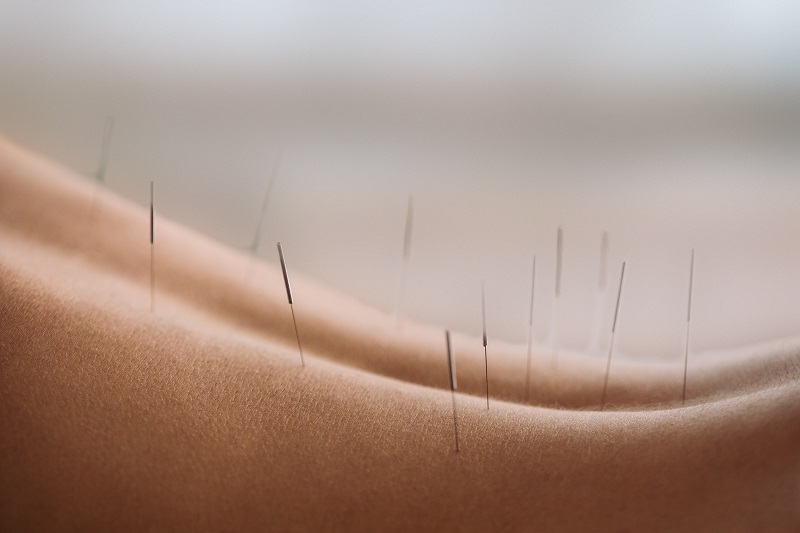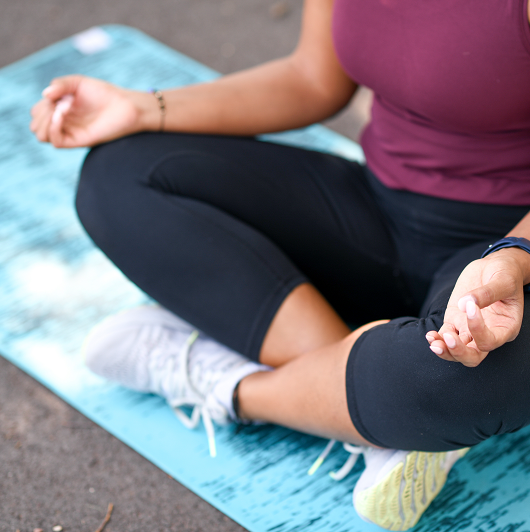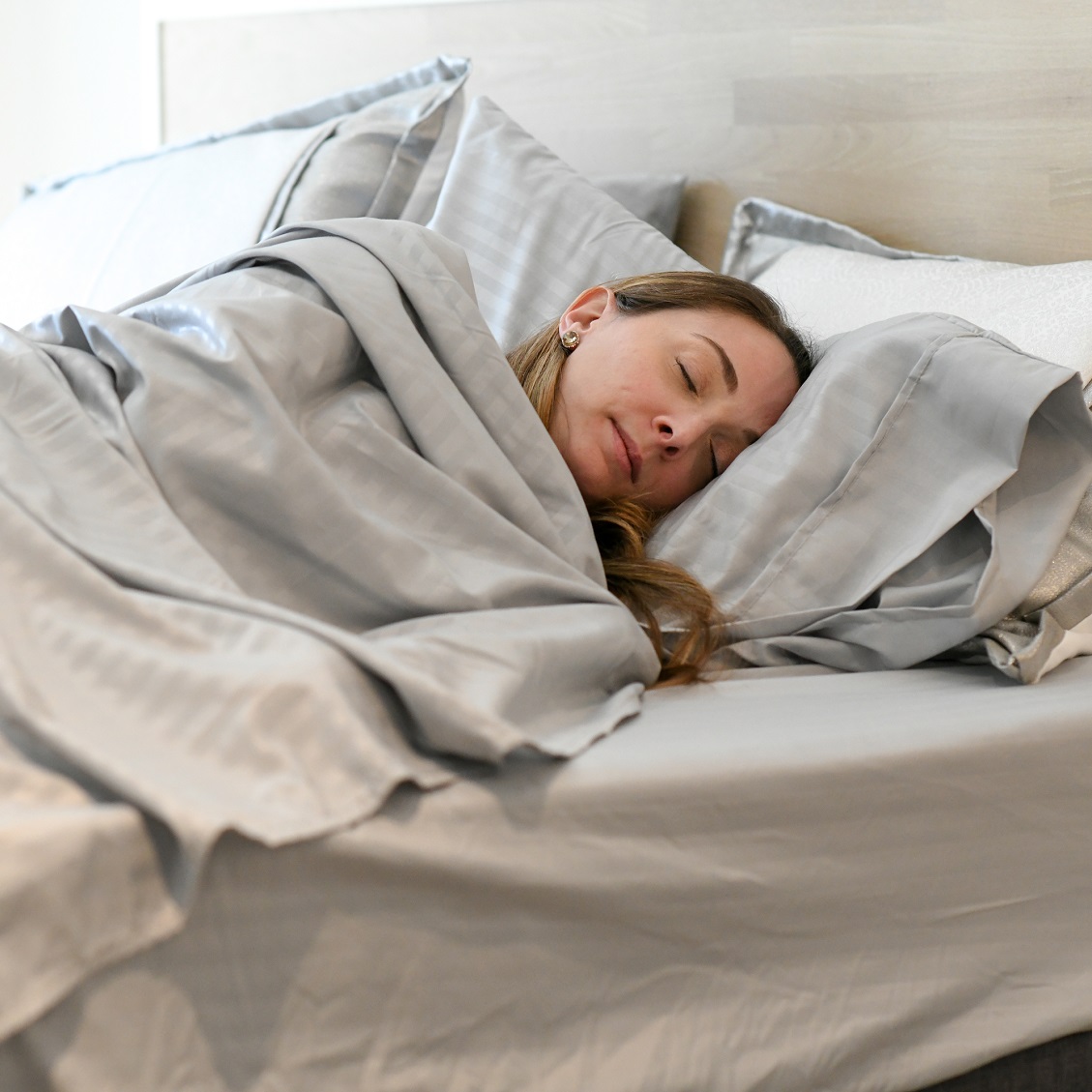Does Acupuncture Work?

March 31, 2023
Acupuncture is an ancient form of therapy that involves inserting thin needles into the body at specific points to treat pain.
“Extensive studies have shown the effectiveness of acupuncture to treat many different conditions, and it’s been a cornerstone of my treatment of patients for several decades now,” says David Leopold, M.D.
How Acupuncture Works
For thousands of years, people in China and other parts of Asia have used acupuncture to treat pain. But today, acupuncture is one of the most popular alternative medicine practices. Here's how the technique works:

- Thin needles are inserted through the skin at specific points on the body, then manipulated to stimulate nerve endings.
- This can cause the release of endorphins and other chemicals that help relieve pain.
- The type of needle used in acupuncture depends on how long it will stay in place, but most practitioners use solid or hollow needles that are left in for about 20 minutes.
“Acupuncture releases the body’s natural pain relievers, and takes people out of ‘fight or flight’ and puts them into a state of relaxation,” Dr. Leopold says. “Muscle tension goes down, and sometimes people even fall asleep during the procedure.”
Patients generally see results in six to eight visits, but Dr. Leopold notes that every patient is different, and many cases depend on how long the pain or issue has existed.
Conditions That Can Be Helped With Acupuncture
“Acupuncture is a reasonable thing to try for almost any type of pain experienced,” Dr. Leopold says. “In addition, for any condition that is driven, worsened or not made better because of chronic stress, acupuncture can help.”
For example, acupuncture can help with:
- Back pain
- Neck pain
- Osteoarthritis
- Chronic headaches and migraine
- Gastrointestinal issues affected by stress
- Nausea and vomiting
- Negative side effects of aromatase inhibitors for breast cancer patients
“Acupuncture may also serve as an add-on therapy for people with anxiety,” Dr. Leopold says. “I’ve been a physician acupuncturist for decades now, and I am still surprised at the myriad of conditions and symptoms that acupuncture can help with."
Does Acupuncture Hurt?
Dr. Leopold notes that acupuncture needles are different from blood draw or injection needles. Acupuncture needles are solid, thin and smooth; blood draw and injection needles are beveled, sharp and designed to cut the skin. So pain from acupuncture needles is much weaker.
“It’s the equivalent of pinching your skin between your fingernails, but that pain goes away very quickly in about a half-second,” he says. “But the vast majority of my patients who experience acupuncture continue with it and say that the pain is nothing compared to the benefits.”
Is Acupuncture Safe?
Acupuncture is generally safe when performed by an experienced practitioner using sterile needles. “Make sure you are seeing a certified, licensed acupuncturist or a doctor with adequate acupuncture training,” Dr. Leopold says.
Today, acupuncture needles are universally disposable. “Do not go to someone who tells you otherwise,” Dr. Leopold says.
Certain people may not be candidates for acupuncture:
- Those with a severe needle phobia
- Those who can’t provide their own consent
- People who are severely immunocompromised
- People on blood thinners (talk to your doctor first)
Next Steps & Resources:
- Meet our source: David Leopold, M.D.
- To make an appointment with an integrative health specialist near you, call 800-822-8905 or visit our website.
The material provided through HealthU is intended to be used as general information only and should not replace the advice of your physician. Always consult your physician for individual care.






